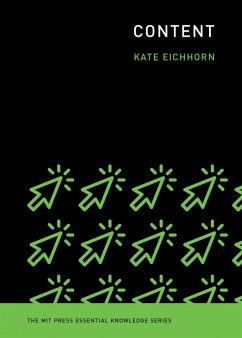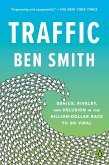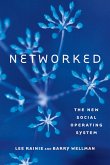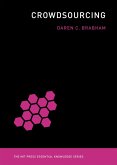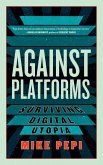Dieser Download kann aus rechtlichen Gründen nur mit Rechnungsadresse in A, B, BG, CY, CZ, D, DK, EW, E, FIN, F, GR, HR, H, IRL, I, LT, L, LR, M, NL, PL, P, R, S, SLO, SK ausgeliefert werden.
Hinweis: Dieser Artikel kann nur an eine deutsche Lieferadresse ausgeliefert werden.
Publishers Weekly
"For Kate Eichhorn, a media historian and a professor at the New School, the Instagram egg is representative of what we call 'content,' a ubiquitous yet difficult-to-define word. Content is digital material that 'may circulate solely for the purpose of circulating,' Eichhorn writes in her new book, Content, which is part of M.I.T. Press s 'Essential Knowledge' series of pithy monographs Evoking the overwhelming flood of text, audio, and video that fills our feeds, Eichhorn writes, 'Content is part of a single and indistinguishable flow.'"
Kyle Chayka, The New Yorker
"Few words have made their way into modern everyday discourse with less of a clear definition than content. Eichhorn (media studies, New School) provides a strong, accessible explanation of not only what content means thanks in part to a handy glossary but also how everything has become content. Positioning the rise of content within the context of earlier, more Utopian eras of the internet and user-generated culture, the book demonstrates how the flattening of art, media, and information into bytes of data prioritizes circulation and visibility above all else. As Eichhorn analyzes examples from journalism, art, and literature, she underlines the significant impact the shift to content has had on labor conditions and artistic identity. In this regard, although cases such as Instapoets show how social platforms can facilitate content-based stardom for individual creators, the neoliberal market forces undergirding the digital sphere are even more likely to incentivize people to become content farmers, toiling away with Google AdSense and dreaming of viral recognition. By parsing, contextualizing, and analyzing the vague concept of content until it gains firmer meaning, Eichhorn's book offers an important starting point for young media students."
CHOICE

